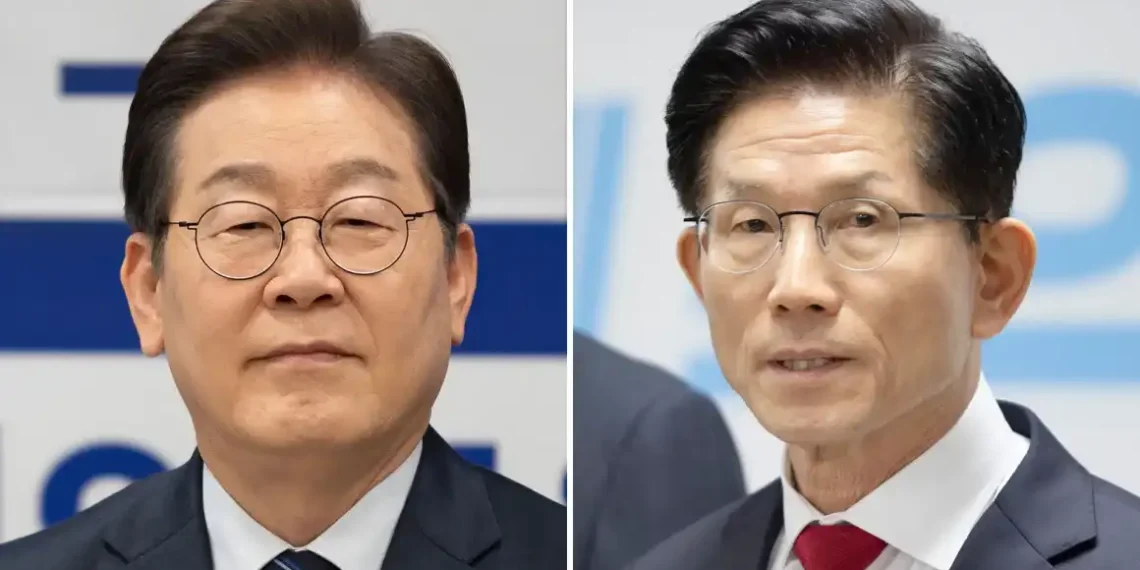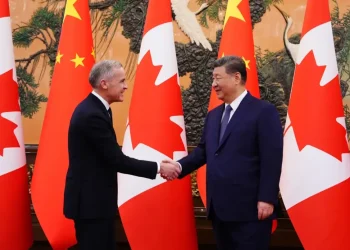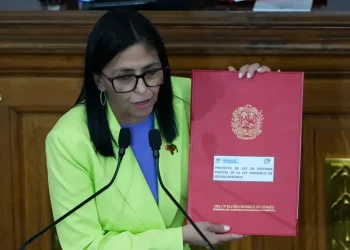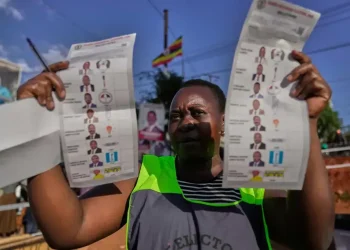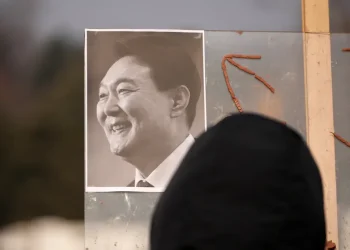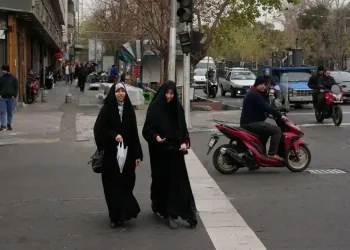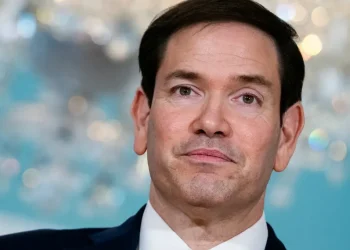South Korea Heads to the Polls After Months of Chaos — Here’s What’s at Stake
After six months of political chaos and a president ousted for declaring martial law, South Korea is voting for a new leader. On Tuesday, the country will elect a successor to former President Yoon Suk Yeol, whose dramatic fall from power left a democratic nation shaken — and searching for stability.
Polls open Tuesday morning, with a winner likely declared by Wednesday.
This election feels especially pivotal. As a U.S. ally and a major economic and cultural player in Asia, South Korea has been grappling with economic decline, tense international dynamics, and deep internal divisions. The result could reshape not just the country’s domestic direction but also its global alliances.
Why This Election Matters
The turmoil began in December, when then-president Yoon shocked the nation by declaring martial law and deploying troops to parliament. The move — widely condemned as authoritarian — triggered impeachment proceedings, criminal investigations, and ultimately, Yoon’s removal from office in April.
In the months since, South Korea has limped along under interim leadership, while struggling with a weakening economy, rising youth unemployment, and mounting regional tensions with North Korea and China. A decisive new leader could finally turn the tide — but who that leader will be remains up in the air.
Meet the Frontrunners
1. Lee Jae-myung (Democratic Party)
- Age: 60
- Background: Human rights lawyer, former mayor and governor
- Notable: Narrowly lost the 2022 election to Yoon; survived an assassination attempt in January 2024
- Political Position: Liberal opposition
Lee is a seasoned and polarizing figure. Rising from poverty and child labor to become a lawyer and public official, he’s campaigned on reforming presidential powers, especially curbing the ability to declare martial law. He also wants to revise the constitution to allow two four-year terms instead of the current single five-year term.
Lee made global headlines on December 3, 2024, during Yoon’s martial law declaration, when he live-streamed himself jumping a fence to re-enter the National Assembly, rallying lawmakers to repeal the order — a dramatic moment that captivated tens of millions.
He supports economic reform, AI growth, small business support, and reducing tensions with North Korea — though he continues to face multiple legal challenges, including bribery and election law violations. Lee denies all charges, calling them politically motivated.
2. Kim Moon-soo (People Power Party)
- Age: 73
- Background: Former labor activist and labor minister
- Political Position: Conservative
Kim’s political journey has been anything but straightforward. Once jailed for anti-government protests in his youth, Kim later aligned with conservatives and emerged as the PPP’s final candidate after internal party infighting and court battles.
Endorsed by the outgoing Yoon before his fall, Kim has vowed to rebuild trust in South Korea’s institutions, including the judiciary and election system. His campaign focuses on making South Korea more business-friendly, with tax cuts, deregulation, and expansion of nuclear energy and new technologies.
Despite his experience, Kim has trailed in pre-election polls and faces a fragmented party still reeling from its connection to Yoon.
Other Candidates:
Several third-party and independent hopefuls are also running, including Lee Jun-seok, a former PPP leader who launched the New Reform Party. However, the race is widely seen as a showdown between Lee Jae-myung and Kim Moon-soo.
Key Issues on the Ballot
1. The Economy
South Korea’s economy is in trouble. Youth unemployment is high, the cost of living is rising, and GDP unexpectedly shrank in Q1. The ongoing U.S.-China trade war, especially under former President Trump’s tariff policies, has battered exports — a cornerstone of South Korea’s economy. Some companies are warning of millions in losses if conditions continue.
2. Demographic Crisis
The country is aging rapidly, with plummeting birth rates and a growing population of elderly citizens. Young couples cite expensive childcare, gender inequality, and lack of support for working parents as major obstacles.
3. National Security
North Korea remains an ever-present threat, conducting weapons tests and advancing its missile programs. Meanwhile, tensions with China complicate South Korea’s trade and diplomatic strategy — even as the nation works closely with the U.S. and Japan to counterbalance Chinese influence in the region.
What Happened to Former President Yoon?
Yoon Suk Yeol’s downfall was swift and dramatic. Once a prosecutor celebrated for helping impeach a former president, he ironically suffered the same fate.
After declaring martial law in December 2024 — an unprecedented move in modern South Korean history — Yoon was impeached, removed from office in April, and now faces criminal charges, including insurrection. While he’s no longer in power, Yoon remains in the spotlight as his legal battles unfold. He denies all wrongdoing.
Final Thoughts
South Korea’s presidential election is more than just a contest of personalities — it’s a test of resilience for one of Asia’s most vibrant democracies. With high stakes at home and abroad, the outcome could set the tone for years to come.
Whether it’s Lee Jae-myung promising bold reform and reconciliation, or Kim Moon-soo pledging stability and economic revival, voters now have their say — and the world is watching.
Source : CNN – South Korea is voting for a new president after six months of political chaos. Here’s what to know
This article was rewritten by JournosNews.com based on verified reporting from trusted sources. The content has been independently reviewed, fact-checked, and edited for accuracy, neutrality, tone, and global readability in accordance with Google News and AdSense standards.
All opinions, quotes, or statements from contributors, experts, or sourced organizations do not necessarily reflect the views of JournosNews.com. JournosNews.com maintains full editorial independence from any external funders, sponsors, or organizations.
Stay informed with JournosNews.com — your trusted source for verified global reporting and in-depth analysis. Follow us on Google News, BlueSky, and X for real-time updates.
